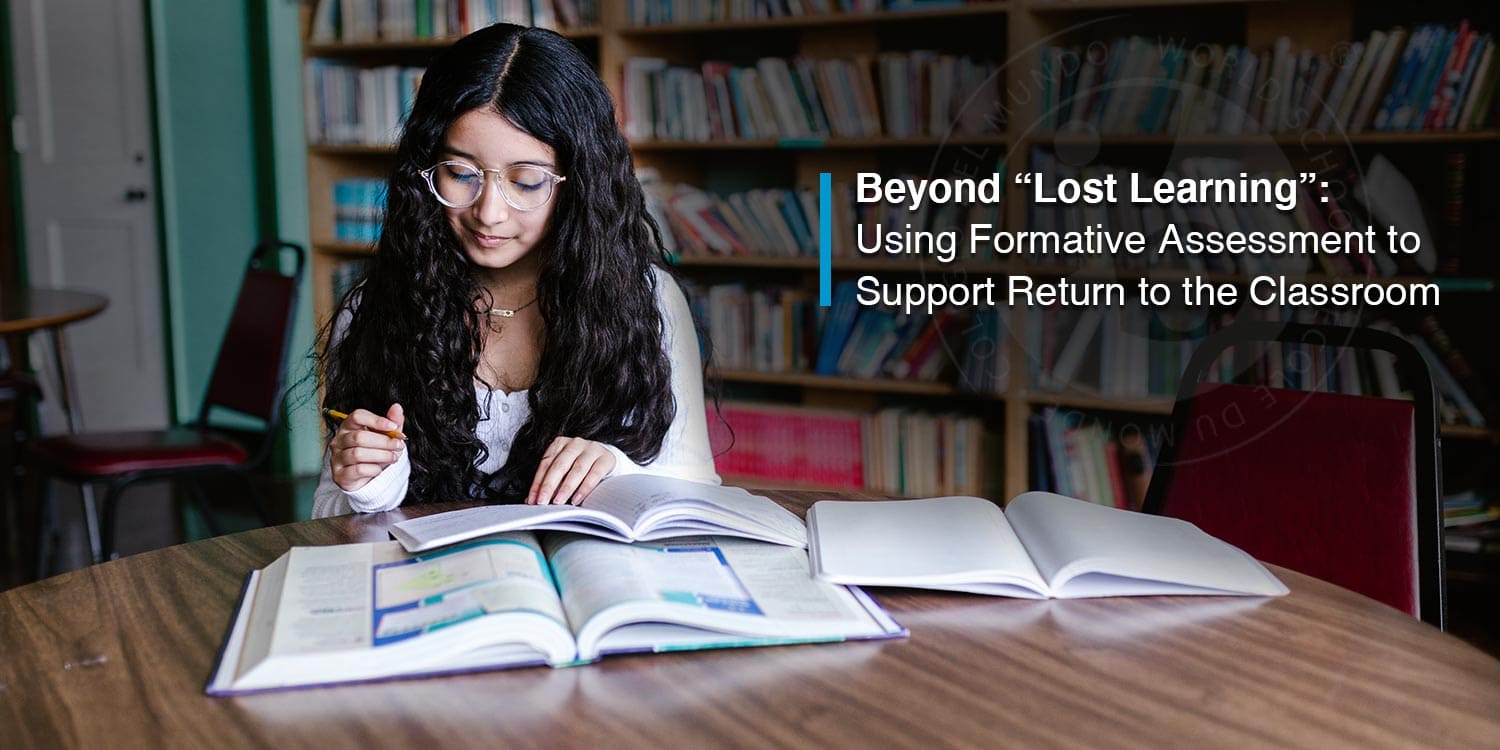The unexpected Covid-19 pandemic shook the world from its core, resulting in the transformation of various aspects of everyone’s day-to-day life. Needless to say, education is one of these domains where the severe impact of the pandemic has been witnessed by people from all over the world.
However, the post-pandemic phase has been witnessing the restoration of many aspects. That is why a myriad of educational institutions have decided to get back to the classroom teaching and learning approach after two years of the global pandemic.
On the other hand, some institutions are still in support of remote learning while the rest support a hybrid model of in-person and remote learning. Nevertheless, apprehensions regarding new Covid-19 variants are still there. As a result, educational institutions and educators may have to maintain flexibility in their teaching approaches.
Furthermore, the pandemic period has also been experiencing several discussions regarding a concept named “lost learning.” According to a survey, educators in eight countries across North America, Asia, and Europe concluded that (March 2021) remote learning made students lag behind by two months on average as compared to their peers under “normal” situations.
The IB’s (International Baccalaureate Organization) May 2021 assessment session pinpointed the commendable adaptability and flexibility to overcome the challenges posed by Covid-19.
About 50 percent of the participants of the survey concluded that their educational institutions were closed for classroom teaching for a maximum of 25 weeks. However, institutions and educators have been contributing a lot to make up for the situation created by the unexpected pandemic.
That is why only a maximum of four-week planned learning of these institutions was lost. On the other hand, there was no loss of learning time reported by 20 percent of educational institutions.
A myriad of educators do not support the concept named “lost learning.” Moreover, they believe the discussions revolving around lost learning are not helpful at all. Although different students have different learning experiences under the same circumstances; it means two students in the same classroom or school won’t necessarily have the same learning experience.
Many people have complained about the efficacy of remote learning. However, a lot of students have already shown their prowess in the remote learning setting. As anticipated, they would keep showing the same performance after going back to the classroom education setting.
On the other hand, other students would call for additional assistance when they would go back to the classroom learning setting. Moreover, they might also need to be re-taught some concepts again to recall their knowledge. More feedback is needed for these students to keep track of their development and performance.
Lost learning is also assumed to be a curriculum argument. Hence, more emphasis should be given to teaching a curriculum by a fixed deadline. Sometimes, time may not be covered properly when it comes to covering the curriculum. If it happens in an educational institution while keeping the deadline the same, then teachers need to make up for the lost time or need to leave some modules.
When it comes to formative assessment, IB emphasizes the agency and thinking skills of students. A good formative assessment enables instructors to evaluate patterns in terms of student responses to comprehend student performance during the assessment.
Moreover, the assessment also helps instructors to find out the reasons for the underperformance of a student and how to help them improve their performance in the upcoming exams.
© Knowledgeum
